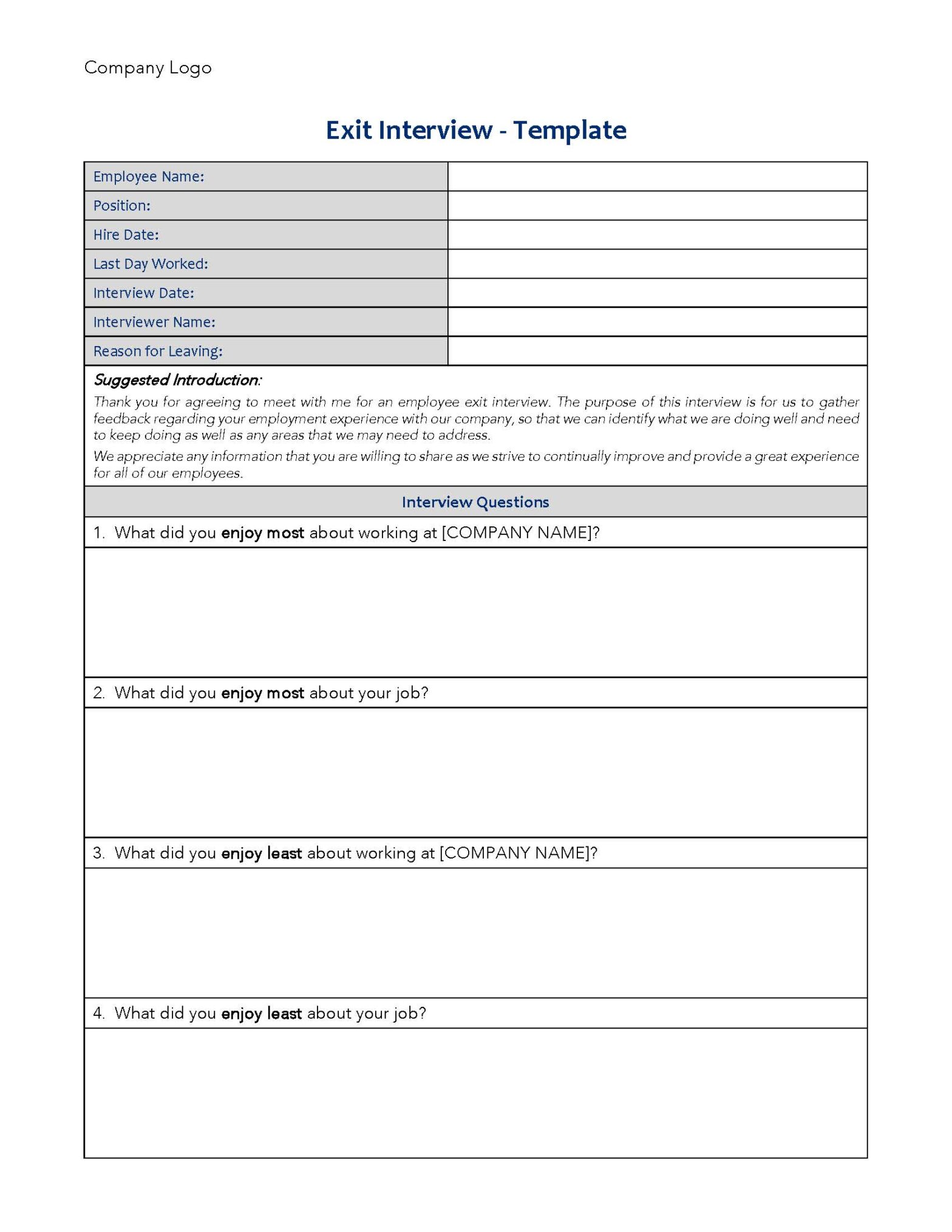March 12, 2025
Managing Employee Resignations Professionally
A voluntary termination or resignation is a common aspect of business operations. Although difficult at times, it is important not to take employee resignations personally. Lengthy or lifelong employment is extremely rare. Take time to celebrate the employee’s contributions and acknowledge their departure in a positive manner. Keep in touch with departing top performers, as there may be an opportunity to re-hire them in the future. It makes good business sense to do so for many reasons which include reduction in recruitment and training costs, and new skills and ideas that the returning employee could bring back to your operation.
Voluntary departures are often easier to manage because the departure is the employee’s choice. However, it is important to carry out the following procedures to help minimize any negative impact on the business.
- Ask the employee to email or prepare a formal letter of resignation, as you should have this documented.
- Invite the employee to take part in an exit interview – it may be insightful for you to ask for feedback to see how you could improve your business. Or find out if there are any underlying issues related to their departure
- Ensure any final pay, Record of Employment, expenses, and benefits are in order before their final day. Note, under the BC Employment Standards Act, an employer must pay all wages owing to the employee within six calendar days after the last working day or the date the employee quits – whichever date is later.
- Keep an up-to-date address or email address on file so you can send the employee their T4 for tax purposes.
Resources:
Return to top

